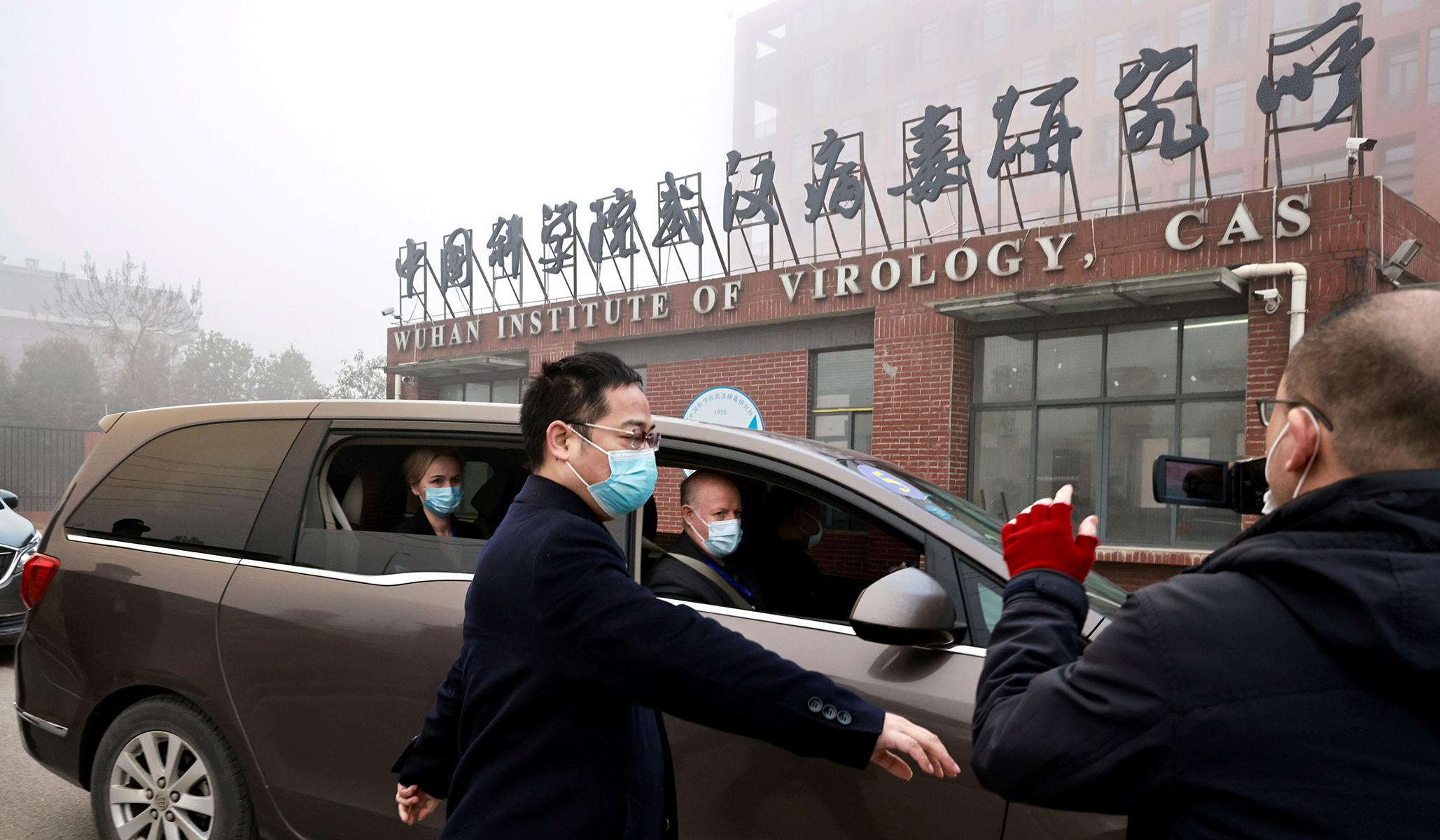
What’s the point of journalism if not to ask the tough questions — the questions everyone else is studiously ignoring?
In his fascinating new cover story in the magazine, Jim Geraghty asks the tough questions about the Communist regime in Beijing, the origins of a pandemic now in its third year, and the verboten “lab leak” hypothesis:
In theory, the pandemic could have started with some random Chinese person who didn’t have any connection to the bat coronavirus research conducted at the Wuhan Institute of Virology or the Wuhan CDC. This person would have a spectacularly unlucky run-in with a bat or other animal, and that random Chinese person caught the exceptionally rare naturally occurring animal virus that infects, sickens, and spreads among human beings like wildfire. This same hyper-contagious bat virus would have the exceptionally unusual trait of being extremely difficult to find in bats.
This extraordinarily unlucky person would then travel to the metaphorical doorstep of one of the three labs in the world doing gain-of-function research on novel coronaviruses found in bats and start infecting other people in the city of Wuhan. Under the natural-origin theory, the Wuhan laboratories just happen to be mind-bogglingly unlucky that events played out in a way that so closely mimics the consequences of a lab accident.
“That,” Jim writes, “would be a remarkable series of coincidences.”
Remarkable, indeed.
In fact, as Jim notes, the most extraordinary element of this going-on-three-years pandemic is how our public-health authorities and the commanding heights of our scientific establishment simply do not want to discuss how this whole thing kicked off:
The first great mystery of this pandemic is how it got started — a question that must be answered to adequately prepare us for another pandemic in the future.
The second great mystery of this pandemic is why so many powerful people don’t seem to feel any sense of urgency about solving the first great mystery.
At National Review, we’ve never shied away from this debate. We’ve never shied away from calling it like we see it on the .
That’s why Jay Nordlinger doesn’t pull a punch when calling the Winter Games in Beijing the “Genocide Games.”
That’s why we asked John O’Sullivan and Tamás Orbán to take a look at how the U.S. can defuse the crisis in Ukraine — so that the West can turn focus on facing down the graver threat in the Far East.
And all of this can be found in the new February 21, 2022, issue of NR!
We’ve also launched a webathon aimed at raising money to support our work on China, and we hope you will be able to lend us a hand. Any amount — $5, $100, $1,000, whatever — can help us in our continuing mission to shine a light on the regime in Beijing.
If a donation isn’t your game, that’s fine too. You can still support NR and our joint mission by subscribing to NRPlus. (Give it a test drive with an introductory offer of 12 weeks for just 6 bucks).
While the rest of the world celebrates the Communist regime in China — we’re here to ask the questions that you want answered. Won’t you join us?

